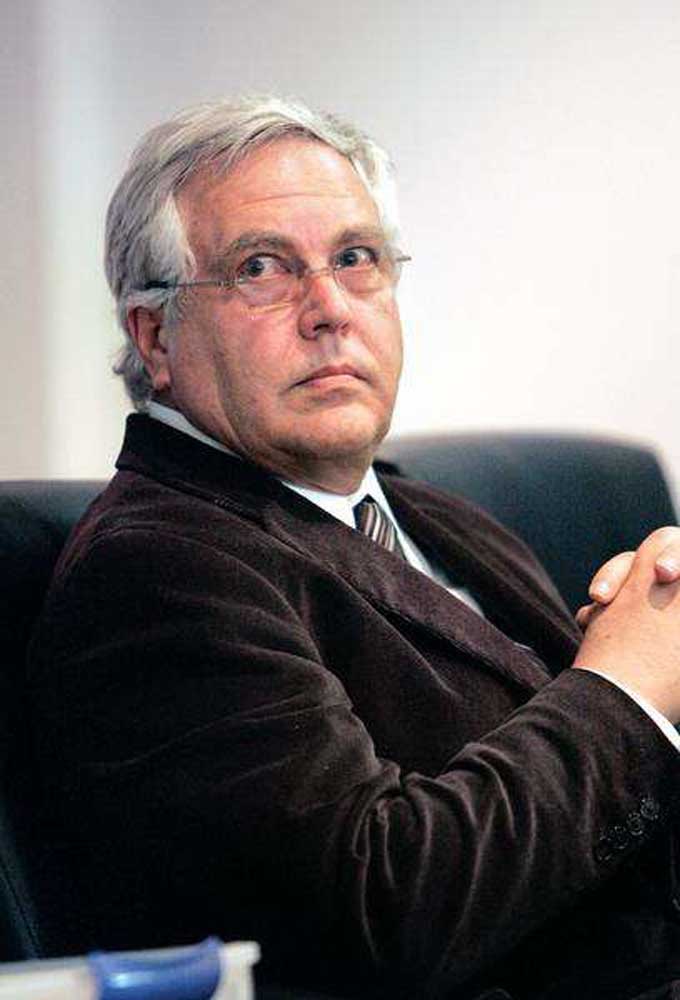Bend doctor seeks removal from sex-offender list
Published 12:00 am Friday, March 16, 2018
On Tuesday, Gilbert Lee, a doctor convicted 10 years ago of fondling patients, filed a petition in Deschutes County Circuit Court to be relieved of his obligation to register as a sex offender.
Lee, 67, must go before a judge and prove he’s not a risk to the community.
Trending
“It’s not an easy thing to do, when you think about it,” said defense attorney Thaddeus Betz, who isn’t representing Lee, “to prove to another person that you represent no risk.”
Sex offender status isn’t the only thing Deschutes County residents convicted of crimes seek to undo. Driver’s license and firearm revocations can be reversed even after “lifetime” bans. These requests are granted more than some might think.
“From a 10,000-foot perspective, it’s important to keep in mind that the conviction doesn’t go away,” Betz said. “It’s still there. It’ll still come up in a background check.”
Deschutes County Circuit Court sees an average of one petition each year like that filed by Lee, who surrendered his medical license in 2008, according to the district attorney’s office. Relief from the sex offender registry isn’t commonly granted, in part because so few sex offenders qualify to file the request, according to Betz, who said his success rate with them is high because he thoroughly screens potential petitioners.
For one thing, the offender must have only the one sex-related offense on his or her record. Also, 10 years must have passed. These two requirements alone prevent many from filing.
Petitioners who qualify will go before a judge for a unique style of hearing that usually lasts about a half-hour and involves a lot of back-and-forth conversation between the petitioner and judge.
Trending
People who know petitioners are often allowed to testify on their behalf. And if the subject can afford them, experts in the psychology of sex abuse are occasionally called.
These motions are rare because the standard of proof is high. The petitioner must show the judge “clear and convincing evidence (they are) rehabilitated and that the petitioner does not pose a threat to the safety of the public,” according to Oregon law.
In making a determination, the judge will weigh such factors as the nature and violence of the offense, the age and number of victims, other reported criminal behavior and successful completion of treatment programs.
If the court is satisfied by clear and convincing evidence that the petitioner is rehabilitated and the petitioner does not pose a threat to the safety of the public, the court enters an order relieving the petitioner of the duty to report. Then the petitioner sends a certified copy of the court order to the Oregon State Police.
Oregon is in the process of implementing a registration system for sex offenders, thanks to a law passed by the Legislature in 2015. The new system will rate offenders based on their predictive risk — so a man convicted of statutory rape for contact with a 16-year-old when he was 21 won’t be lumped in with a violent serial rapist.
But for now, the Department of Corrections is working to complete assessments for all of Oregon’s convicted sex offenders. And with 28,000 registrants in Oregon, that’s no easy task, Betz said.
Relief from registering as a sex offender is rare. It’s more common in Deschutes County that an offender seeks to get back other privileges.
Lawyer Andrew Doyle has a caseload heavy with traffic cases and regularly helps convicted offenders restore their driving privileges.
“One of the challenges is the stark reality that many people will drive while suspended, and Central Oregon doesn’t have public transportation like Portland has, which only adds to the burden,” Doyle said.
Attorney Shawn Kollie represents many clients seeking to restore rights to own a firearm. A typical case is a grandfather who “did something dumb” when he was younger and now wants to hunt with grandkids or otherwise use a gun for recreation. Kollie prevails on three or four cases per month, and has only ever lost a handful, he said.
Part of it is cultural here in rural Oregon.
“What it comes down to, I think, is that folks can be rehabilitated,” Kollie said.
— Reporter: 541-383-0325, gandrews@bendbulletin.com









